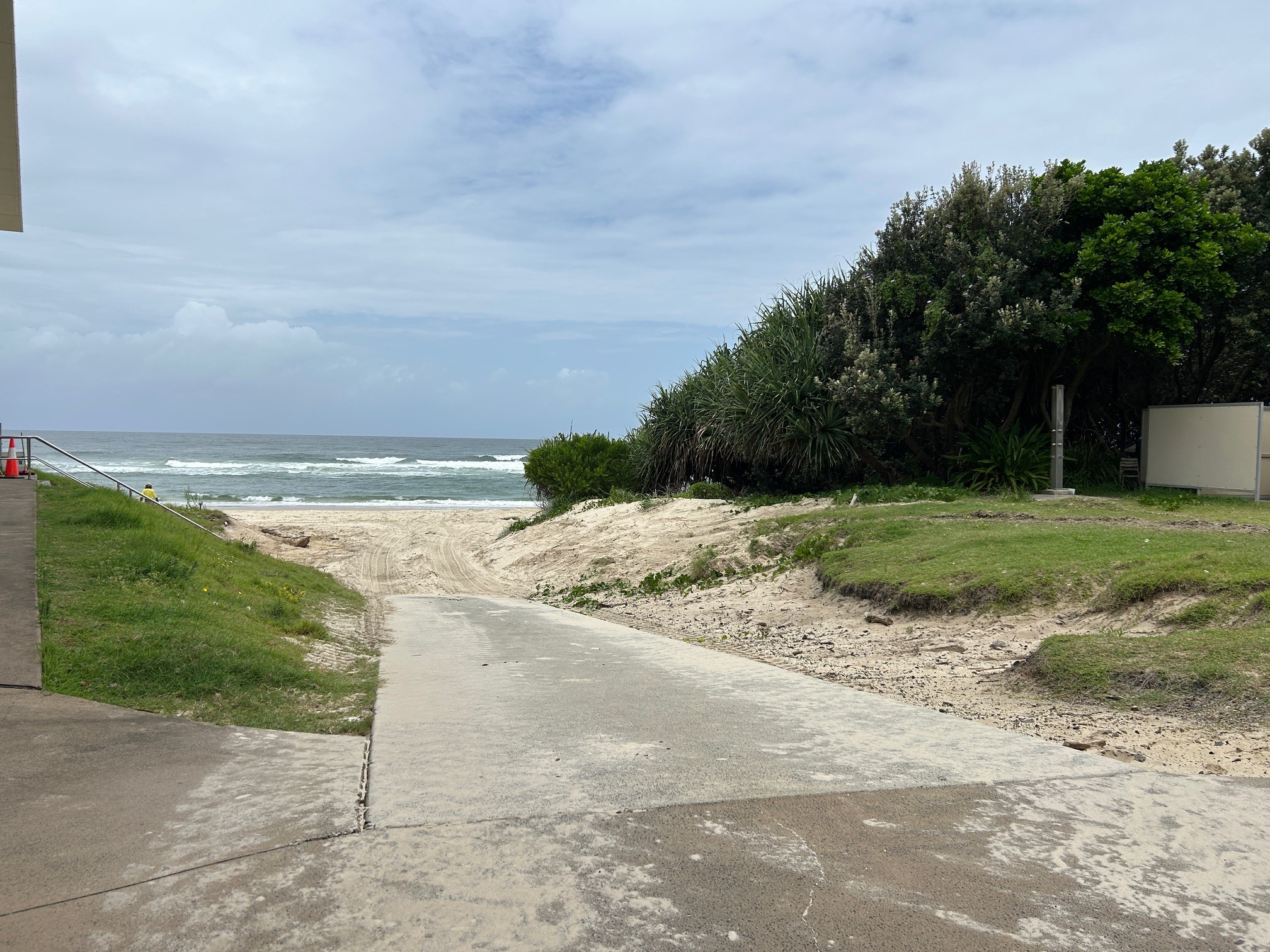Families in Western Australia are bearing the burden of extreme heat and fire risks this summer. Today, 28 schools in southern Western Australia are closed due to catastrophic fire conditions impacting more than 2000 students. Just weeks ago students returned to school in Perth in the midst of yet another heat wave and six public schools lost power, leaving some students sweltering without air conditioning, while others were sent home. And this week, Perth has just recorded its 7th day above 40 degrees in February – the most ever recorded in one month. Further north, Carnarvon has just had its highest temperature ever recorded at 49.9C, smashing its previous all-time heat record by more than 2C. Perth teacher and mother-of-two Sonya Elek is very concerned about the disruptions students will face to their learning as heat waves made worse by the burning of coal and gas become more frequent and intense.
“Our kids are bearing the burden of government inaction on carbon pollution,” Ms Elek said. “Learning is being disrupted – kids can’t concentrate on extreme heat days. School closures are highly disruptive to the students and to their families’ daily routines. And we are seeing the stress and anxiety levels of students, teachers and parents become exacerbated as the heat waves continue” Nic Seton, Parents For Climate CEO, said, “The majority of parents we talk to are telling us they are struggling with the heat. Kids, especially toddlers are being forced to stay indoors, instead of playing outside. Extra curricular activities and sporting events are being canceled. Kids are missing out on learning opportunities when schools are closed or it’s too hot to learn.
“Parents are dealing with even greater complexity as they try to juggle work commitments and school closures, not to mention the uncertainty and worry of increased frequency and severity of extreme weather events. Parents want climate action to outpace climate impacts.”
Perth mum Emma Young said, “Heat waves are impacting our family’s ability to enjoy our summer and give our child the same level of enjoyment we remember in our own childhood summers. Long, early and repeating heat waves are causing us all to feel trapped in our home when we would once have been spending these days happily outdoors.
“My son’s daycare is being regularly forced to choose indoor play on heat wave days as it’s dangerously hot in their outdoor play areas. I feel sad that my child is already missing out on experiences we took for granted.”
Research recently published by Parents for Climate and Sweltering Cities shows that extreme heat is impacting childrens’ health and education. The report, , finds that kids are more susceptible to a range of health issues due to extreme heat, and less capable of mitigating these risks and that it’s difficult for kids to learn when it’s hot.
High air temperatures and lower hydration are known to affect children’s ability to concentrate. Studies show that optimal learning environments have a consistent temperature between 22C and 24C. They also show that learning outcomes decrease by about 1.5 per cent with each 2C increase in temperature above 24 C. Without action this crisis will only worsen. By 2050, hundreds of thousands of Australian children will face severe and extreme heat that risks their life, their health, and their learning and 7 million children will face more frequent and more intense heat waves. Parents for Climate argues that Australian governments have a duty of care to make sure that our kids are safe in their learning environments and we are calling on all governments to support energy efficiency, solar panels and batteries in all schools and early childhood centres.







